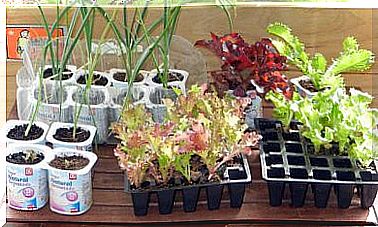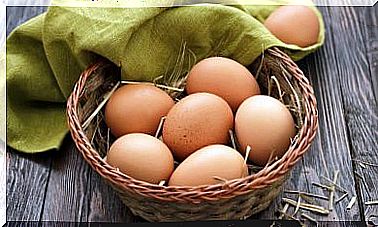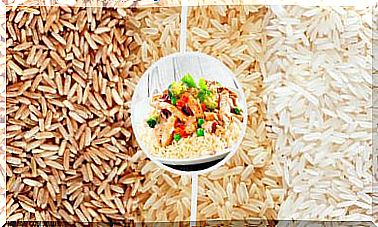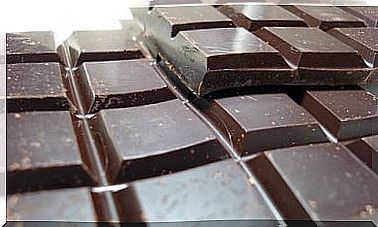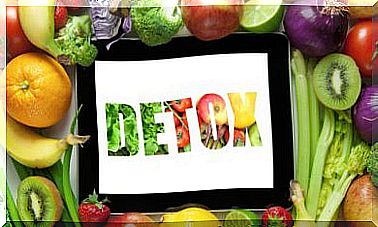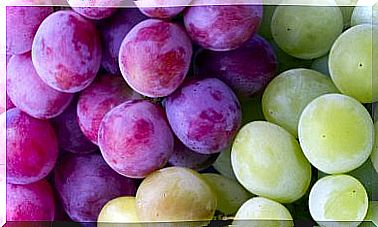Foods That Reduce The Anxiety To Eat
The anxiety to eat is a problem that causes us to consume unhealthy foods and a lot of sugars. Fruits and vegetables, oats or legumes are ideal options so that your body does not seek a quick satiety.

It has happened to all of us at some point in our lives that we feel an uncontrollable desire to consume some food: it is the so-called anxiety to eat.
This problem is due to factors of physical or psychological origin. In the stressful world we live in, it is not surprising that many people suffer from anxiety. Especially if you are doing a diet or physical preparation, it is possible that when you change to healthier habits you will notice this anxiety to eat at the beginning.
For this reason, we will present 7 foods that will help us control the anxiety of eating in a natural and healthy way.
Foods to reduce anxiety to eat
1. Fruits
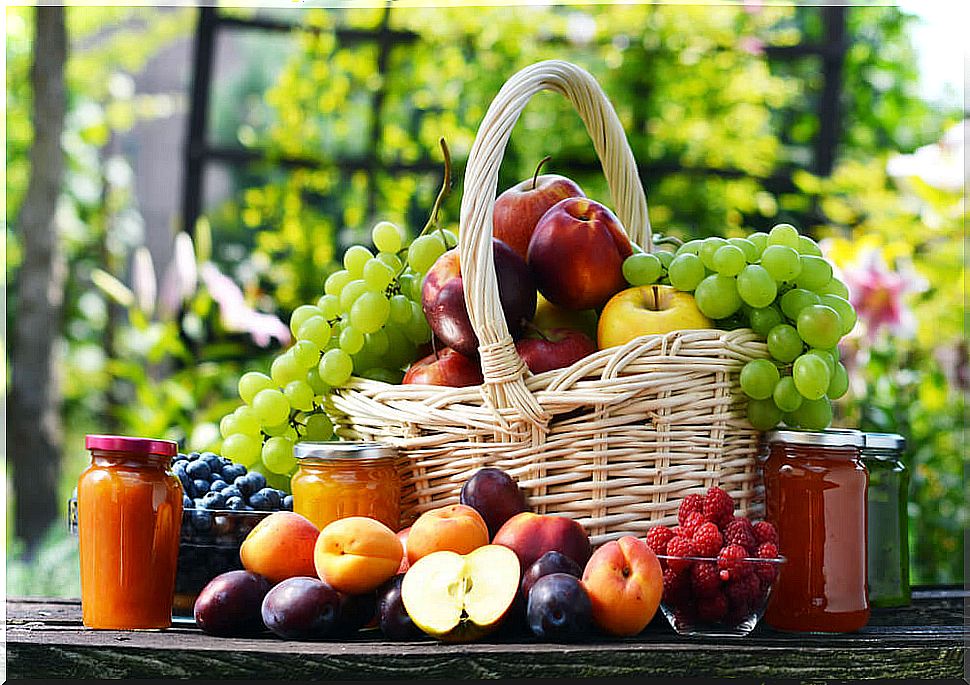
Fruits are very healthy due to their high content of minerals and vitamins. They also have very few calories, so you can eat a lot without fear of gaining weight.
On the other hand, they offer us a very extensive range of pleasant flavors. Which means that we not only eat them for their benefits, but because we really like them. We owe that to the natural glucose they contain.
Fruits are excellent allies against anxiety to eat, because, together with the micronutrients they have, they also provide fiber and water, which generates a feeling of satiety.
2. Vegetables
Like fruits, vegetables are high in minerals, vitamins, water, and fiber. For this reason, they help us curb our appetite and keep us feeling full for a long time.
3. Whole products
Wholegrain products contain fiber, which helps us reduce cravings to eat because we feel full faster and longer. Likewise, they contain vitamins and minerals that help keep the immune system in optimal condition, so we will stay healthy.
4. Algae
The agar-agar contained in algae works like gelatin, as it has the quality of curdling food.
Seaweed is very beneficial in our attempt to curb the anxiety to eat, since it mixes with gastric juices. This produces a thickening function that allows us to feel full.
On the other hand, it also allows us to dispose of toxins naturally, which is why it is excellent to avoid constipation and improve intestinal function.
5. Legumes
Among the most satisfying foods are legumes. They have a high content of proteins that, unlike animal source proteins, contain fiber.
Legumes have the ability to fill us up quickly and for a long time. This makes them excellent allies to attack the anxiety of eating.
6. Oats
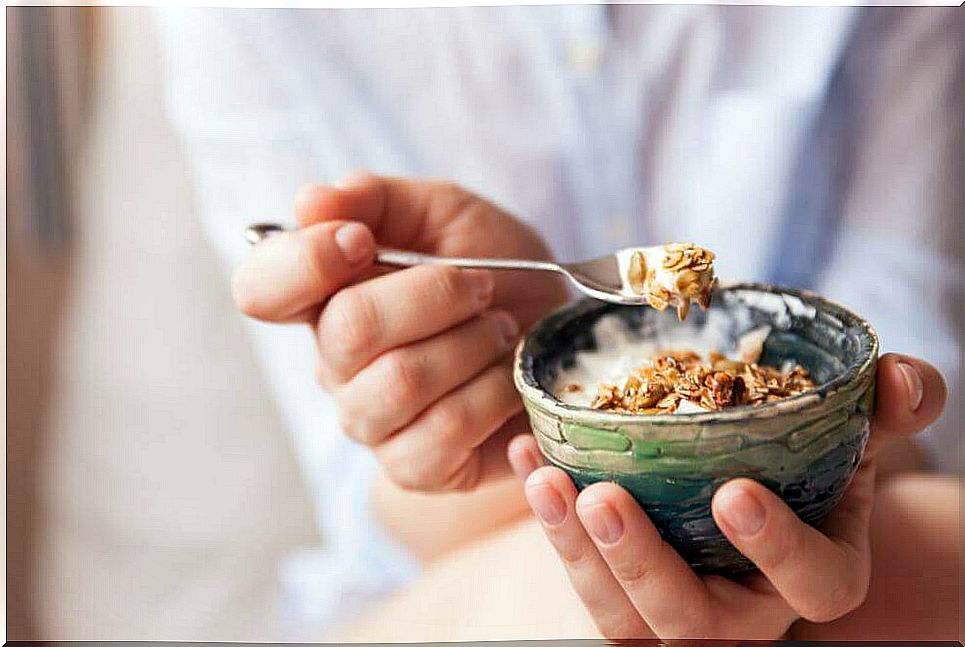
When we are anxious, we often want to eat something sweet or a snack. That is, not a strong meal, but simply something “to snack on.” The most appropriate in these cases is to opt for a fruit or oatmeal.
Oatmeal is a cereal that is rich in fiber and provides endless health benefits. In addition, when we prepare cooked oatmeal we do not see it as a main dish, but as an appetizer to reduce hunger or to satisfy our anxiety.
Despite this, it makes us feel full and helps us spend a long time without having to eat again.
However, we must pay attention to how we sweeten the oats. If we add refined sugar we will cause it to lose part of its benefits. Given the need for a sweet taste, it is best to use honey.
7. Water
It may seem very strange that water can stop the anxiety to eat, but it is so. It happens that many times the body confuses hunger with thirst, so we end up eating when in reality what our body was asking was that we hydrate it.
That said, it doesn’t hurt to drink a glass or two of water when the urge to eat appears. In fact, we can drink water before every meal; this way our stomach will not be completely empty and, therefore, we will not eat excessively.
You have to chew your food well
Beyond the foods that help stop eating anxiety, other factors such as chewing must be taken into account.
When we start to eat we can say that we “wake up the stomach” and it stays that way for about 20 minutes. This means that, if we only devote ourselves to swallowing, without practically chewing, our stomach will receive all that food without feeling full.
On the other hand, if we chew well, our stomach will still “fall asleep” in 20 minutes, with which we will have eaten less.
In any case, when faced with this type of disorder, the ideal is to consult a specialist to diagnose the origin of the problem. He will be in charge of prescribing what is best for the body.

